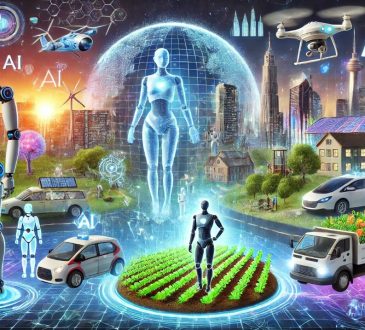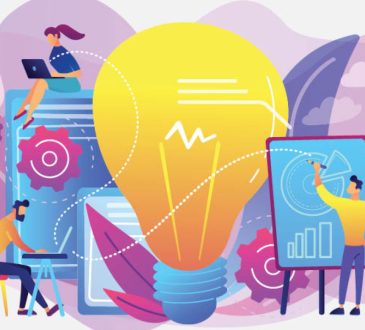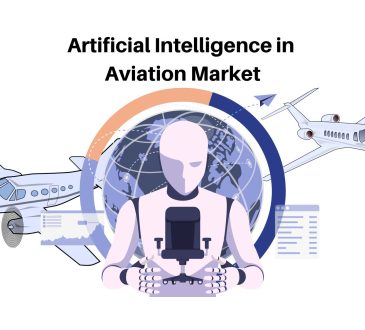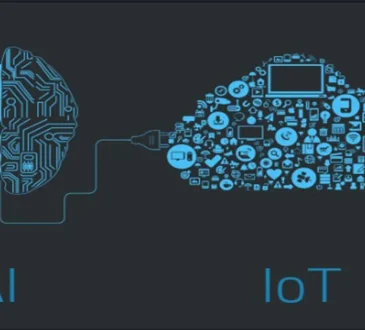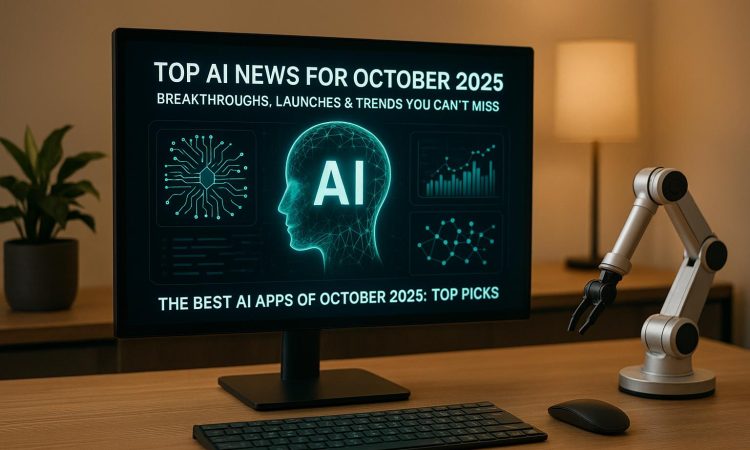
The world of artificial intelligence is evolving faster than ever, and 2025 is shaping up to be a landmark year for innovations, breakthroughs, and exciting trends. From smarter natural language systems to game-changing applications in healthcare, robotics, and the creative industries, AI is not just transforming technology—it’s reshaping the way we live and work. Let’s dive into the key AI developments making headlines this year.
Breakthroughs in Generative AI
Generative AI continues to make waves in 2025. These advanced systems can now create high-quality text, images, music, and even videos, with a level of sophistication that closely mimics human creativity. Recent AI models are producing content so realistic that it’s often hard to tell if it was made by a person or a machine.
Generative AI isn’t just about experimentation anymore—it’s being applied in real-world settings:
- Marketing: AI is helping brands craft personalized campaigns at scale.
- Entertainment: AI-generated storyboards, character designs, and scripts are now part of movie and video game production.
- Creative Industries: From music composition to visual arts, AI tools are assisting human creators.
These advancements are sparking debates on copyright, authorship, and ethical use of AI-generated content, pushing governments and organizations to rethink regulations globally.
AI in Healthcare: Diagnostics and Drug Discovery
Healthcare remains one of the most promising fields for AI. In 2025, AI systems are achieving unprecedented accuracy in diagnostics, helping doctors detect diseases earlier and with greater precision. Machine learning algorithms can analyze massive amounts of medical data—from imaging to genetic sequences—to uncover insights that were previously unattainable.
Notable breakthroughs:
- Drug Discovery: AI is accelerating the identification of potential drug candidates, reducing development times and costs.
- Surgery Assistance: AI-powered robotic systems help surgeons perform complex procedures with higher precision, improving patient outcomes.
These innovations are not only saving time and money but also transforming healthcare delivery globally.
AI and Robotics: Redefining Automation
AI and robotics are converging to create a new era of automation. Today’s AI-powered robots can handle complex tasks across multiple industries:
- Warehousing & Logistics: Robots manage inventory and optimize delivery processes.
- Manufacturing: AI ensures precision and efficiency in production lines.
- Agriculture: Smart machines monitor crops and assist with planting and harvesting.
In consumer technology, AI enhances smart home devices and personal assistants, enabling them to learn user preferences, anticipate needs, and interact naturally. Meanwhile, industrial robots are helping businesses reduce costs, improve safety, and streamline operations, highlighting the growing synergy between humans and intelligent machines.
Ethical AI and Regulation
As AI capabilities expand, ethical considerations have become a top priority in 2025. Stakeholders are focusing on:
- Bias in AI decision-making
- Data privacy
- Accountability for AI-driven outcomes
- Societal impact of automation
Governments worldwide are introducing updated AI regulations that promote transparency, fairness, and innovation. These include requirements for clear explanations of AI decisions, robust data protection, and independent audits. Tech companies are also investing in ethical AI initiatives to align their systems with human values and rights.
AI in Education and Workforce Development
AI is transforming both learning and work. In education, AI-powered tutoring systems provide personalized experiences, adapting to individual student needs and giving real-time feedback to enhance learning. Schools and universities are also leveraging AI to:
- Track student performance
- Identify learning gaps
- Tailor curricula to modern workforce requirements
Meanwhile, workplaces are embracing AI to automate routine tasks, letting employees focus on creative, strategic, and emotionally intelligent work. Upskilling and reskilling programs are growing, helping workers thrive in an AI-driven economy.
AI for Environmental and Societal Impact
AI is increasingly being used to tackle environmental and societal challenges. Applications include:
- Climate & Environment: Monitoring deforestation, tracking wildlife, and predicting natural disasters.
- Urban Planning: Optimizing energy use, traffic flow, and city infrastructure.
- Public Services: Improving healthcare access, disaster response, and traffic management in underserved regions.
These use cases show AI’s potential to create positive change beyond commercial and industrial applications, benefiting communities worldwide.
The Future Outlook
Looking ahead, AI in 2025 is set to become more autonomous, collaborative, and capable than ever. Emerging technologies such as quantum computing, neuromorphic AI, and brain-computer interfaces promise to unlock new possibilities across industries.
However, rapid AI development also brings challenges:
- Job displacement concerns
- Ethical decision-making
- Security risks
- Societal impacts
Balancing innovation with responsible governance will be essential to ensure AI remains a force for progress rather than a source of unintended consequences.
Conclusion
AI in 2025 is dynamic, transformative, and full of promise. From generative AI and healthcare breakthroughs to robotics, education, and environmental applications, AI is shaping nearly every aspect of human life. Ethical frameworks, regulations, and thoughtful governance are crucial as we navigate this exciting era.
Artificial intelligence is no longer just a tool—it’s an essential partner in innovation, creativity, and problem-solving. Staying informed about these trends ensures we can leverage AI to enhance productivity, improve quality of life, and tackle global challenges. The future is intelligent, and it’s happening now.

